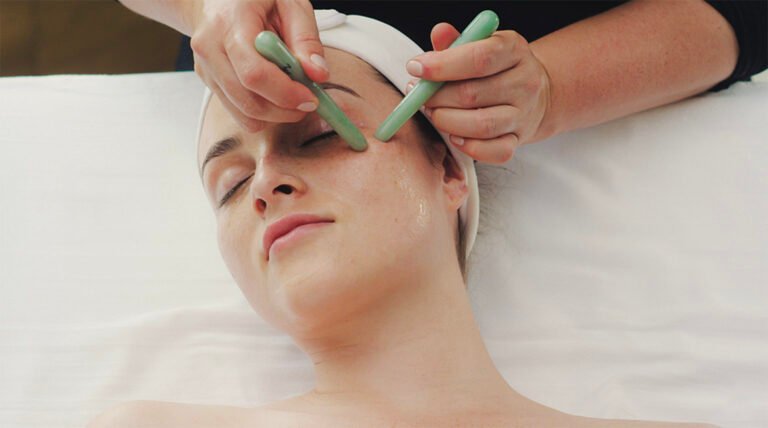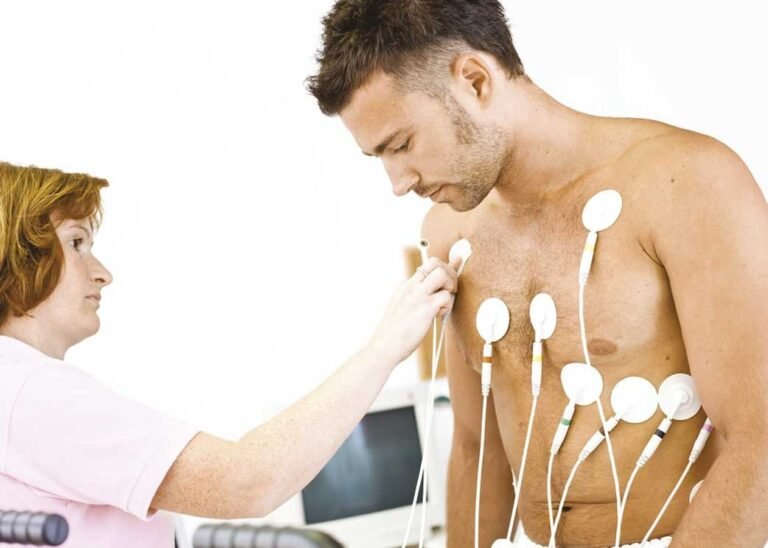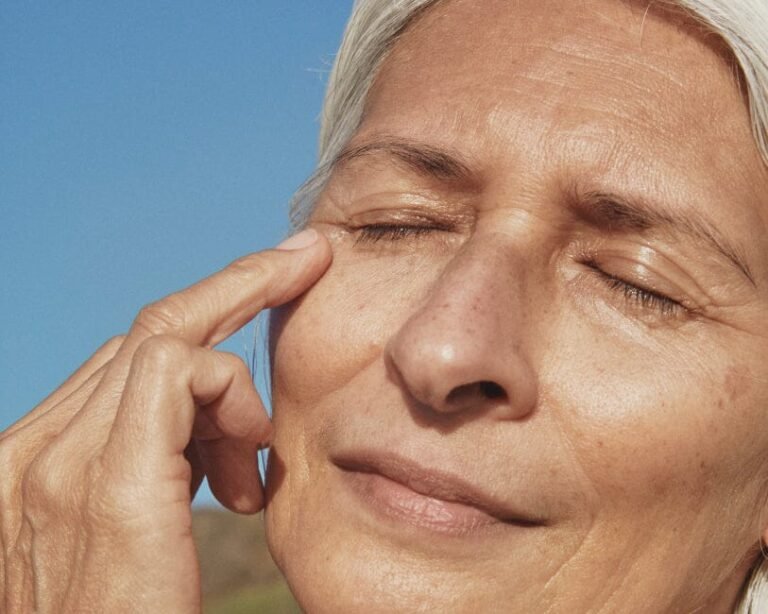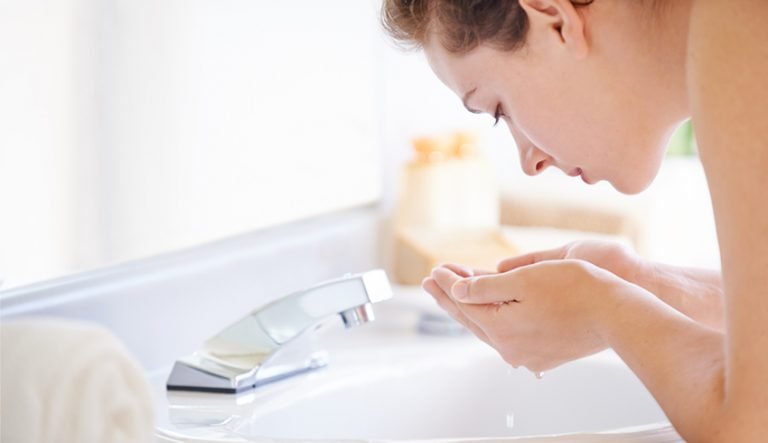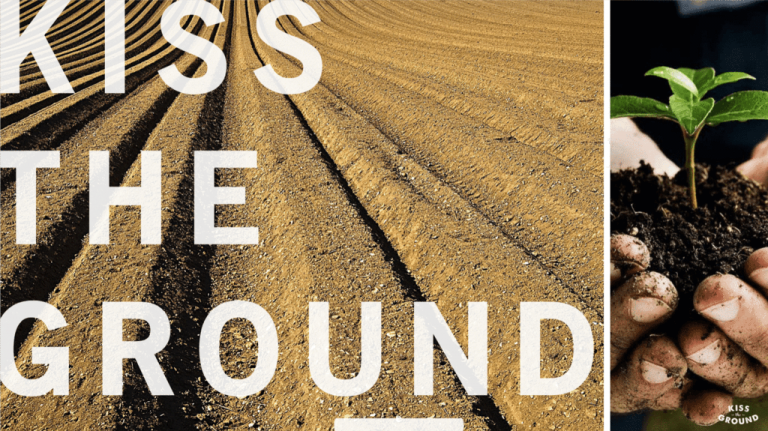7 Reasons that Skin Collagen Declines and How You Can Support it Natur
Understanding the main 7 reasons that your skin collagen declines over your lifetime will help you figure out how you can support your skin collagen naturally! There are proven diet and lifestyle tips that will help you maintain healthy skin collagen, which in turn will keep your skin youthful and prevent premature skin aging. You learn fragments of the skin collagen-loss story when you shop for skin care products or read health, beauty and wellness media. But,
- why is collagen so important in skin,
- what causes increased collagen loss, and
- how can you protect your skin collagen naturally beyond your skin care routine?
I’m going to give you the dermatologist’s overview on the subject of skin collagen loss. My hope is that this will help you create a strategy that fits your lifestyle, preferences and budget to slow your skin collagen loss naturally. It will also support your anti-aging skin care routine to help you get even greater results.
Why is Skin Collagen Decline Important for How Your Skin Looks and Ages?
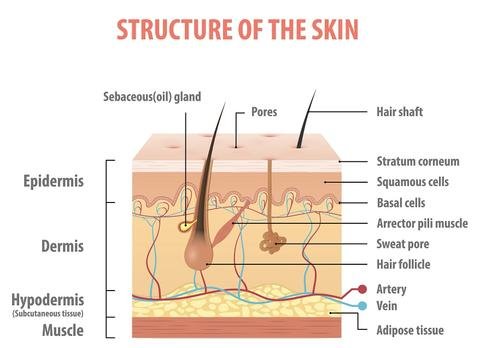
Collagen forms the scaffolding of skin and is responsible for its firmness, elasticity, appearance and strength. Skin collagen is a protein that primarily resides in the dermis of skin and is produced by skin cells called fibroblasts. The collagen content makes up about 75% of healthy and young skin.
Skin collagen declines over time from
- reduced synthesis, and
- increased breakdown due to a number of causes.
Oxidative stress from reactive oxygen species (ROS a.k.a. free radicals) plays a key role in dermal aging and collagen loss. Causes of increased oxidative stress on the skin include UV exposure and the other triggers listed below. Aging reduces the body’s overall ability to defend itself from free radicals, including those formed in the skin from all causes. This means that the older you are the more support you need to give your skin to protect precious collagen.
The Main 7 Reasons that Skin Collagen Declines Include:
1. Age
Collagen loss from aging is called intrinsic skin aging. All other causes of collagen loss and skin aging are termed extrinsic skin aging.
Intrinsic skin aging is an inevitable consequence of life. Collagen producing cells (fibroblasts) age over the years and produce less collagen. There are fewer fibroblasts in the dermis over time. With age, collagen and elastin, as well as other components of skin responsible for youthful appearing skin such as hyaluronic acid, degrade over time. Skin becomes flaccid and less able to hold water. The ultimate result is the development of crepey skin with fine lines and wrinkles.
How do you know how much of your skin aging is due simply to age?
Scientists estimate that only about 3% of skin aging is due to intrinsic aging. The rest is due to extrinsic factors – which are more likely to be under your control. Said another way, you have leverage to influence as much as 97% of how your skin ages.
2. UV Damage (also called photoaging)
UV damage is the main cause of skin collagen loss accounting for up to 80-90% of the appearance of skin aging. UV exposure causes both,
- less collagen to be produced, and
- it also increases collagen degradation via matrix metalloproteinases (MMPs) and other proteases in the skin. Proteases are enzymes that degrade proteins like collagen and elastin.
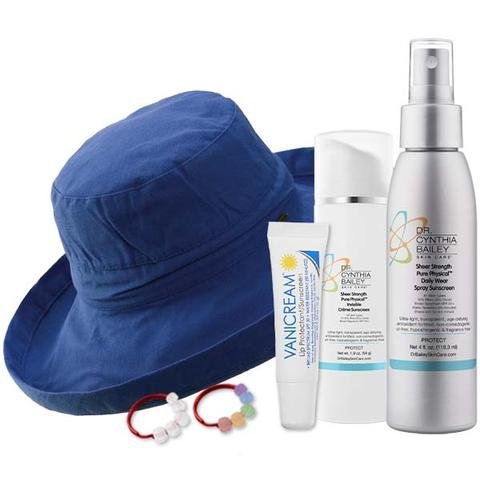
Daily use of broad spectrum sunscreen on exposed skin and wearing a hat, sun protective clothing and staying out of direct sun are proven strategies to fend off collagen decline from UV exposure.
3. Smoking
Smoking has long been associated with facial wrinkling and poor wound healing. Smoking leads to about 20% less collagen syntheses and a huge increase in collagen breakdown enzyme activity in the skin. Free radicals are also involved in smoking induced premature skin aging and collagen breakdown.
4. Diets that Trigger Inflammation
Your diet can create metabolic inflammation in your body’s physiology. This inflammation, in turn, lead to accelerated skin aging. The term ‘inflammaging’ is the acceleration of the overall aging process due to chronic low-grade physiologic inflammation. It explains the elevated risk of heart disease, type II diabetes and ….. skin aging due to diet and lifestyle factors that promote metabolic inflammation.
The mechanisms of how skin inflammaging leads to collagen decline are complex but the simplified explanation is that chronic metabolic whole-body inflammation leads to long-term dermal damage including damage to skin collagen and elastin. – Dermatologist Dr. Cynthia Bailey
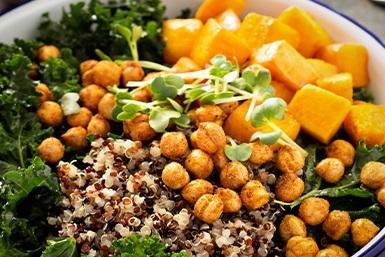
Diets that are high in animal products, simple carbohydrates and sugars will activate inflammaging. Diets that include more fresh fruits and vegetables, complex carbohydrates such as whole grains, nuts, legumes and healthy fats such as olive oil will help you to resist inflammaging in your entire body – including your skin.
Excellent research into the connection of diet and skin health has exploded over the last decade and I’m thrilled. I’ve had an interest in diet and skin health for over 30 years and have noted many clinical correlations in my practice. I outline my diet recommendations in my Healthy Eating Guide eBook, which I invite you to download for free. This is the eating guide that I personally use and have recommended for my patients.
High Sugar Diets Lead to Glycation of Skin Collagen
The concept of glycation is really important to understand relative to skin aging and collagen decline. It is a phenomenon where sugar leads to a hardening of skin structure, including collagen. This, in turn, leads to a thinning and loss of suppleness.
Excess alcohol consumption also increases tissue glycation that leads to chronic disease and premature tissue destruction. This applies to both binge drinking and chronic excess alcohol consumption. Like smoking, excess alcohol consumption has been linked to premature signs of facial aging.
Glycation of skin collagen happens due to damage induced by Advanced Glycation End (AGE) Products. These are formed by intrinsic aging but they are formed excessively due to a diet high in refined sugar and/or excess alcohol consumption. Skin proteins such as collagen and elastin are particularly susceptible to damage by AGE products, leading to tissue stiffening and loss of elasticity.
Moderation of sugar and alcohol consumption is an important natural way to support skin collagen and slow collagen decline. Dermatologist Dr. Cynthia Bailey
5. Stress
Research has confirmed skin, which is the largest organ of the body, is an organ that perceives stress. Repeated short term stress induces ROS/free radical production and decreases your antioxidant reserve. Chronic stress leads to chronic immune dysfunction and increased production of free radicals and DNA damage which are known to lead to skin aging. The exact mechanisms are not entirely worked out but stress reduction will help to slow the rate at which your skin ages and collagen declines.
6. Airborne Pollution
Airborne pollution particle exposure from traffic leads to free radical production, antioxidant depletion and MMP induced skin collagen breakdown.
7. Menopause
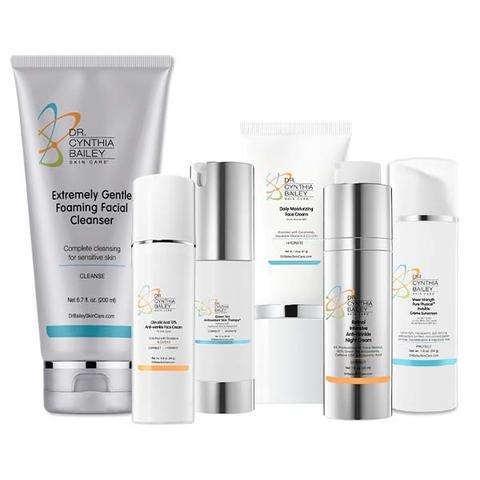
Passing through menopause, either naturally or medically or surgically induced, causes a reduction in skin collagen. As much as 30% of dermal collagen is lost in the first 5 years of menopause followed by about 2% per year over the next 20 years.
As a post-menopausal dermatologist, I know that I need to make smart lifestyle and skin care choices to help my skin resist this astounding decline in collagen. I depend on my collagen-protecting lifestyle choices to support the Ageless Rejuvenation (aka collagen promoting) Skin Care Routine that I use to resist post-menopausal skin collagen loss.
How Can You Support Your Skin Collagen Naturally?

Skin care products that help you slow collagen loss and replenish skin collagen are an important strategy. But, knowing the main 7 reasons that skin collagen declines gives you insight into how you can support skin collagen naturally with your diet and lifestyle; slow collagen loss and even build collagen in both your body and skin to maintain vitality and strength throughout the years.
I always recommend lifestyle choices that support healthy skin to augment your skin care routine. Skin is our largest organ and it visibly covers our body – for better or worse. Your lifestyle choices will help your skin glow with vitality and are as important as your skin care choices when it comes to resisting skin aging. – Dermatologist and Skin Wellness Expert Dr. Cynthia Bailey
Eat Antioxidant Rich Foods
Emphasize foods that are especially rich in
- vitamin C including bell peppers, citrus, kiwi, berries, papaya, brussel sprouts, mango etc.
- vitamin E including seeds and nuts, avocado, spinach, swiss chard, butternut squash,
- green tea polyphenol antioxidants,
- fresh fruits and veggies in a range of colors (which equate to a range of nutrients and antioxidants) – yes, eating the rainbow is important,
- spices such as turmeric, and
- beta-carotene found in orange and deeply pigmented fruits and veggies including winter squash, carrots, dark leafy greens, apricot and mango.

The list above starts to inspire me to get into the kitchen and cook up some tasty dishes, brew a cup of green tea and grab a piece of fruit! Finding easy ways to maintain a broad range of powerful dietary antioxidants in your body’s tissues helps your skin to rapidly fight oxidative stress that leads to damage and collagen loss. Yes, even if you are perfect with your sun protection, the metabolic processes of life and stress will produce free radicals.
When your skin and body is amply loaded with antioxidants, they neutralize free radicals as they form and BEFORE they damage precious structures like skin collagen, cells etc. Stocking your kitchen with antioxidant rich foods is an important strategy to fight inflammaging of your skin. You will feel great and your skin will have a beautiful warm glow as an added benefit. – Dr. Bailey

You can also load your skin with collagen-protecting antioxidants from the outside in. Green tea polyphenol EGCE antioxidants are well studied to help fight oxidative skin damage from free radicals. My Green Tea Antioxidant Skin Therapy is made with pure and stable pharmaceutical green tea EGCG antioxidants equivalent to what is in 500 cups of tea per ounce of cream. I apply my Green Tea Antioxidant Skin Therapy twice daily every day.
Hydrolyzed Collagen Peptide Supplements
Recent studies have shown that taking oral collagen supplements is associated with increase skin collagen density, increased skin elasticity and hydration. It is an intriguing idea and I am sure you will see these supplements and powders advertised. I must admit that I am not a big fan of supplements. I prefer to eat real foods and there is ample collagen in animal foods. That said, the research on collagen supplements is compelling and I may change my mind over time.
Wear Sunscreen on Exposed Skin 365 Days a Year
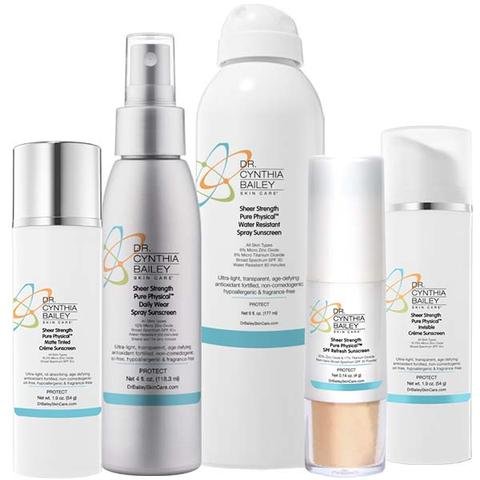
Wearing a really good broad spectrum and SPF 30+ on all exposed skin is well studied to reduce skin photoaging and collagen decline. Not all sunscreens are created equal. I only recommend and use high quality mineral zinc oxide sunscreens.
I recommend keeping on hand a collection of mineral zinc oxide sunscreens to fit every need and activity you have. You need an easy-to-wear daily product and one that is water resistant. It is also a good idea to have an SPF Powder to reapply to exposed facial skin on days where you are in extended UV exposure.
Eat a Healthy Diet that Discourages Glycation of Collagen
Aside from antioxidants, your diet also needs to be healthy overall. Reducing glycation is key to maintaining supple skin. Sugar-rich diets lead to glycated proteins. Remember too that your body reads alcohol like sugar so that means only moderate alcohol consumption.
Some forms of cooking create Advanced Glycation End (AGEs) Products and others don’t.
- We get preformed Advanced Glycation End (AGEs) Products from eating grilled, fried and roasted foods.
- Water based cooking such as steaming and boiling does not produce preformed AGEs.
I find this fascinating. Since learning this I have started steaming more foods instead of grilling. I am finding ways to make steamed food delicious.
Cooking with herbs and spices, garlic, and ginger may also be able to prevent glycation.
Use of olive oil in the diet has also been found to protect against facial photoaging

Thus, what we eat, and how we prepare it may help us fight premature skin collagen decline; low sugar foods and water based cooking of foods rich in herbs, spices, garlic and ginger and a cup of green tea may help fight collagen damage and loss and help keep skin looking younger longer. – Dr. Bailey
Other Lifestyle Recommendations to Help Fight Skin Collagen Decline Naturally

Moderating the amount of stress in your life is key to fighting premature skin aging. Along those lines, we know that a good night sleep, spending time in nature and with friends will go a long way to help your feel less stressed. I would also add trying to avoid airborne pollution to this list and definitely avoid smoking. These are really good lifestyle choices for your overall health and if it’s preventing skin collagen decline that gets us to say ‘yes’ then that’s a real personal wellness win!

